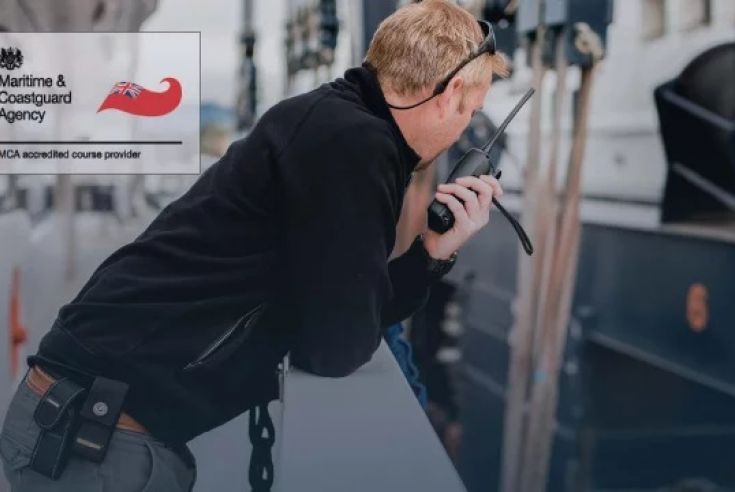10,000 EUR (€)
EnquireThis course is based on the Model Course Master on Yacht Less Than 500 GT & Officer in Charge of Navigational Watch on Yachts less than 3000 GT. The core units form part of the SQA Advanced Certificate/Diploma in Nautical Science, of which some units are SCQF Level 7 and some Level 8.
Course Structure
LEARNING OBJECTIVES:
On successful completion of the training and assessment trainees shall be able to:
- Plan and Conduct a safe passage and maintain a proper navigational watch;?
- Use of Navigational charts including ECDIS and RCDS and related Admiralty publications;
- Use and limitations of RADAR ARPA;
- Use and limitation of a Sextant ;
- Navigate safely from a port to a safe haven using all navigational aids onboard;
- Have a thorough knowledge of the IMO IRPCS 1972 and their application;
- Respond to on board emergencies, Perform generic and type specific risk assessments;
- Have a good knowledge of the Code of Safe Working Practices for Merchant Seafarers, 5th Edition 2015 Consolidated, 2018;
- Be familiar with the IMO Institutional framework, the requirements applicable on vessels less than 3000 GT of the following conventions: SOLAS 1978, MARPOL 1974, MLC 2006, STCW and their enforcement within the current Maltese regulations;
- Be familiar with the provision of the ISM Code and their impact on vessels operations;
- Be familiar with the provision of the ISPS Code and their impact on vessels operations;
- Have a thorough knowledge of the relevant Maltese Regulation applicable on vessels less than 3000 GT;
- Have a thorough knowledge of bridge mandatory equipment and their use;
- Have a basic knowledge of the mechanical and electrical systems onboard yachts;
- Take the necessary precautions to prevent marine pollution and or respond to marine pollution accidents;
- Have a good knowledge of Yachts stability and their watertight integrity;
- Have an understanding of ships construction;
- Have a good knowledge of marine meteorology and of sourcing shipping and marine forecasts;
- Have a thorough knowledge how to Interpret meteorological reports and transmissions;
- Have a good knowledge of the Manoeuvres, berth and anchor a vessel less than 3000 GT from both a theoretical and procedural prospective;
- Be familiar with the TM Oral exam framework.



